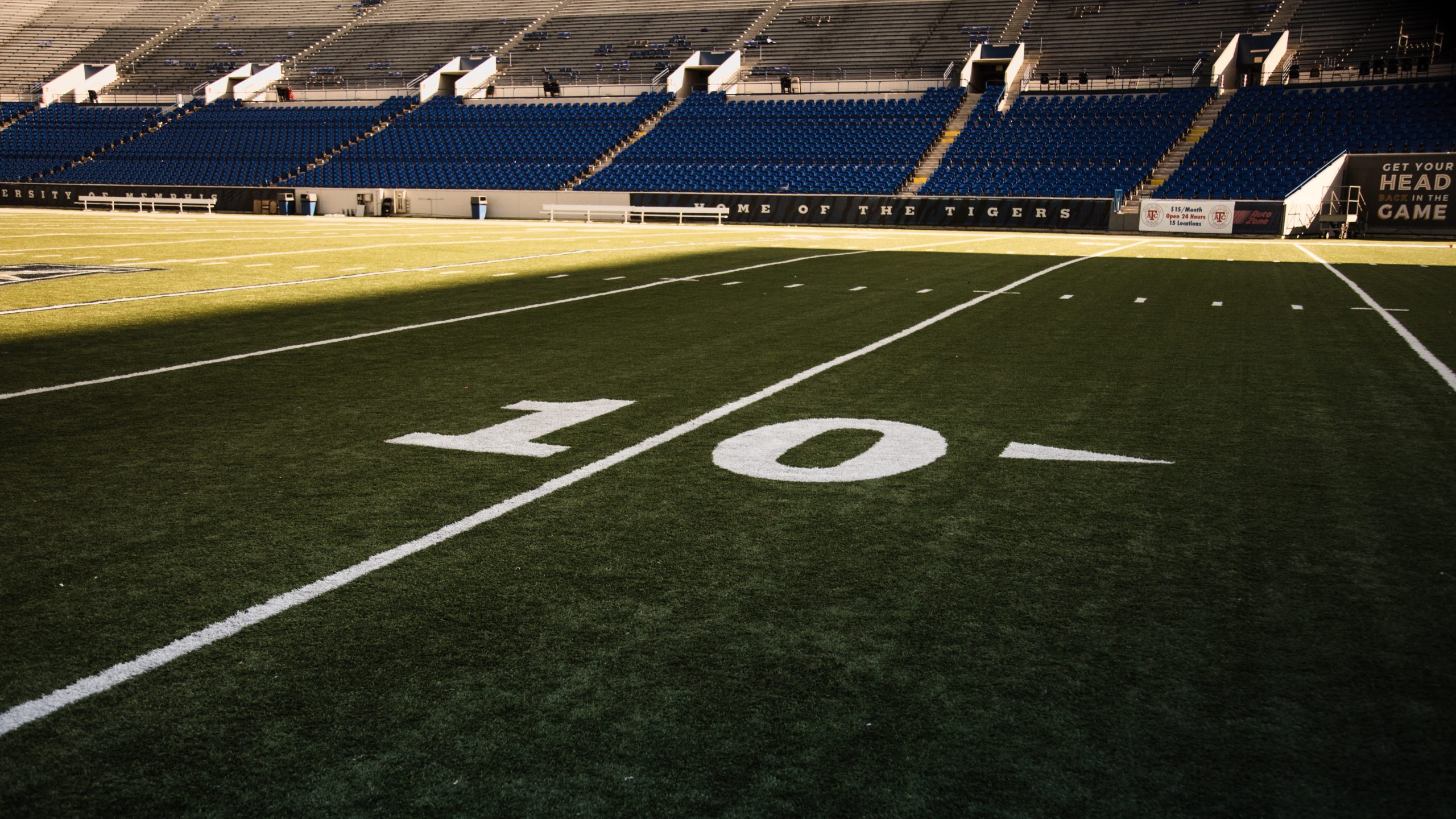
Deflate-Gate Ruling a Win for the NFL

So you think it is easy to win a fraud case, do you? Sometimes it is not so clear.
Just ask Roger Goodell. He was judge, jury, and executioner against Tom Brady and essentially accused the 4-Time Super Bowl Winner (and 3 time Super Bowl MVP) of fraud by deflating or knowingly using footballs that were under-inflated. Goodell’s hired attorney, Ted Wells, found by a preponderance of the evidence that Brady had knowledge of underinflated footballs. That, by the way, is the same standard required to prove Fraud under the Federal False Claims Act.
The only thing is, Ted Wells (distinguished as he may be) and Roger Goodell did not have to submit their evidence to the United States Department of Justice prior to making a ruling like we False Claims Act attorneys do when we file a case (a real case of fraud, that is—not one trumped up by a team that lost a playoff game by 4 touchdowns).
Maybe if Goodell had to follow a real procedure, he would have found the holes in his case long before now. Only afterwards, when they were challenged in Court, did they have to make their proof stick.
“Oddly enough, this is a win for the NFL, even if it is a loss for the Commissioner”
– Attorney Tony Munter
By all accounts, the U.S. District Court Judge, who is probably used to seeing a lot more serious matters presented with a lot more substantial evidence, was unimpressed. On reading his decision quoting from the Wells report, it is difficult for me to believe that, if the NFL were subject to the pleading requirements that False Claims Cases are, this matter would have gotten even this far. Many of us find the heightened standards requiring pleading fraud with particularity under Rule 9B to be onerous. Ted Wells and Goodell are lucky they are not subject to such requirements.
Here we have Wells, having to direct evidence against Brady, drawing the inference that the quarterback knew about actions which Wells also admitted he could not state when they occurred. So, the NFL knew Brady knew about under-inflated footballs, but could not say when they were under-inflated.
In real fraud cases, if you want to go forward, you’d better know what you really have. The NFL apparently did not.
Tom Brady, like many big-time Defendants, could hire competent counsel to fight back. From early reports, it appears the Judge was not impressed either with the evidence against Brady or the Commissioner’s adherence to the Collective Bargaining Agreement.
Oddly enough, this is a win for the NFL, even if it is a loss for the Commissioner. Tom Brady, the reigning Super Bowl winning Quarterback, will be on the field at the beginning of the season. Who knows how many seasons he has left? You would think a rational business looking to maximize an asset like this would want as many games where he appears as possible for TV ratings and everything else. Now they get one of the few legitimate stars back into 4 games he otherwise would have missed. I, therefore, do not believe even the NFL is dumb enough to seek an injunction to prevent Brady from playing now.
As a legal issue, the fact that the Court was willing to overturn the NFL, despite the NFL’s attempt to impose it’s arbitration process on Brady, may have long term implications. The Judge cited the dual roles of several people, including Goodell, in the arbitration process. He cited case law showing deference generally to arbitrator’s awards, but noted cases that say due process is still required.
I guess we can interpret this ruling as this Judge’s statement that the league really did not follow due process. Indeed, the Court’s Analysis goes on at some length to show the instances in which the Collective Bargaining Agreement was violated and due process not followed, as that is the strongest basis for this ruling.
Goodell looks bad, and in some senses, so does Patriots owner Robert Kraft for giving in to the fines and lost draft picks levied against his team.
Tom Brady, on the other hand, as usual, comes up a winner.












